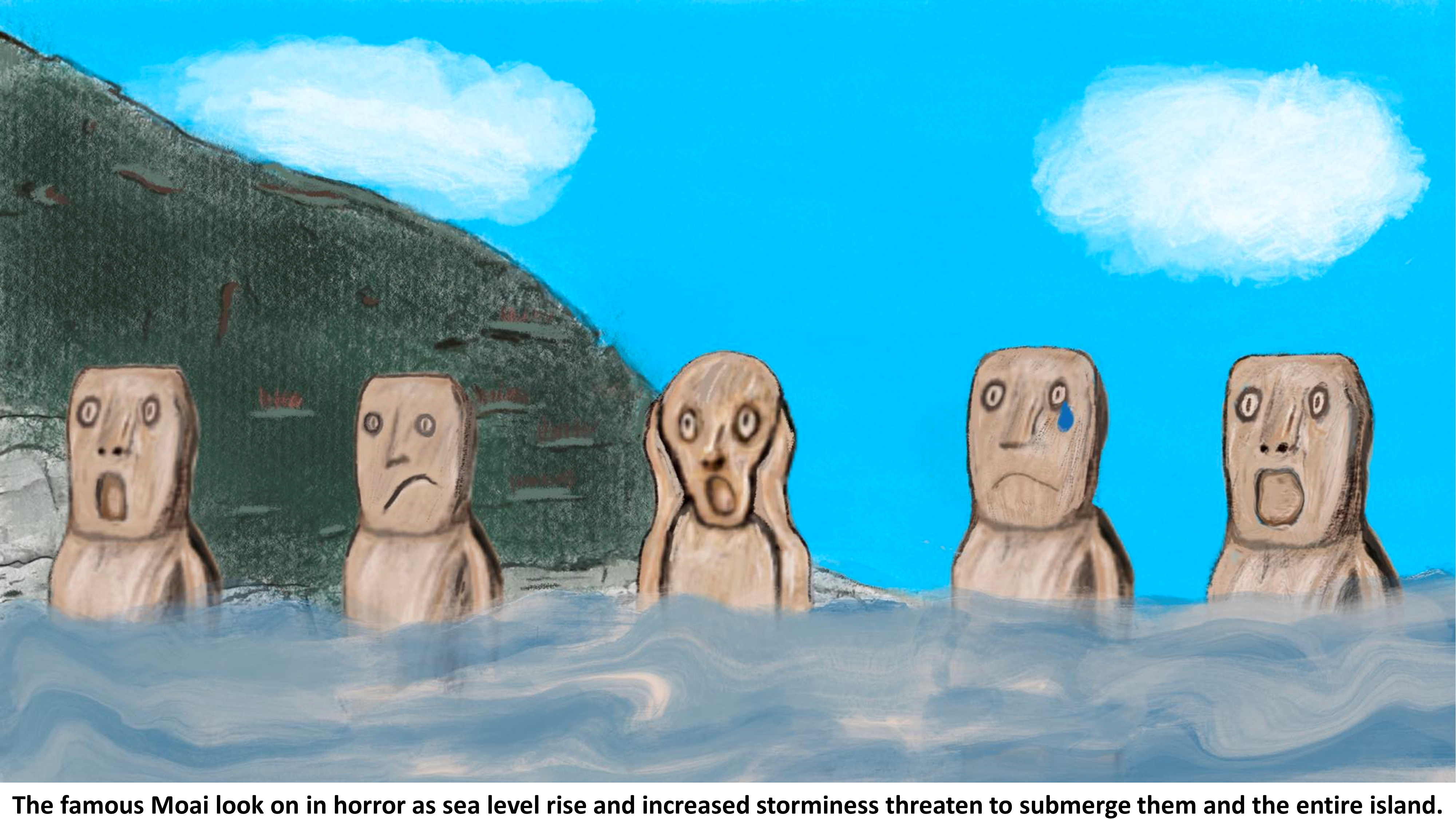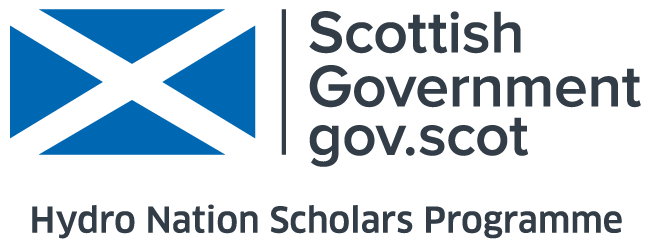Hydro Nation Scholar Recognised for Accomplishments, Knowledge Exchange
On 8th September 2023, Hydro Nation Scholar, Sarah Crowe (University of Dundee), received a commendation in the Climate Creatives Challenge #3. This is a series of design challenges to help support new and novel approaches for communicating the impacts of climate change and the benefits of adaptation, mitigation and resilience. For this challenge, entrants had to pick a historic environment or building and communicate how it could be impacted by climate change and how it could be made more resilient. The judges were looking for entrants to explore ways of communicating the topic which go beyond the traditional formats in which it is typically represented and share place-based narratives that link to and showcase contextual stories and experiences. Entrants also had to consider how their entry connects with people and/or organisations that aren’t necessarily aware or engaged with this topic and not just focus on the hazard but show the actions that can be taken to change the consequences faced. Sarah’s entry can be found on page 46 of the compendium: https://www.climatecreativeschallenge.com/challenge03
Later in September, Sarah presented her PhD research entitled "Participatory GIS for Flood Mitigation on the Dundee Waterfront" at the SPACE International Conference 2023 on City Planning and Urban Design (21-22 September, London). Sarah explained that urban waterfronts are integral to the network of blue and green spaces in our towns and cities and deliver a range of uses, bringing social, environmental, health and economic benefits. The impacts of climate change related sea level rise threaten these mixed-use spaces and the benefits they bring. Sarah’s research investigates how placemaking and blue green infrastructure (BGI) can combine to develop flood resilience on waterfronts while contributing to quality of life, wellbeing and protection against extreme climate change. As part of her presentation at the conference, Sarah introduced her mixed-methods approach, outlining the Papathoma Vulnerability Assessment which was used to generate a unique suite of vulnerability maps for the Dundee and Broughty Ferry waterfronts. These maps will inform a participatory GIS exercise, the outcome of which will guide the location of place-based, blue green infrastructure which will be co-created with stakeholders.
To find out more about Sarah's research and view her KE outputs, please visit the Scholar profile.

